

 Tuesday, November 8, 2011
Tuesday, November 8, 2011 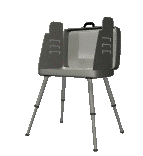
Election Day
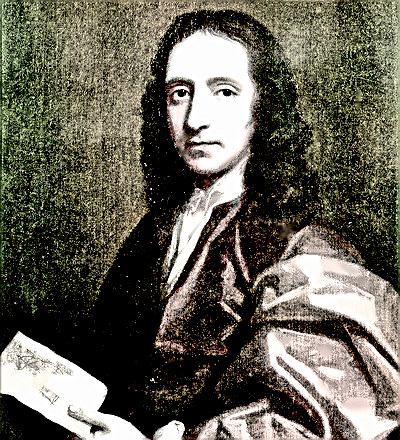
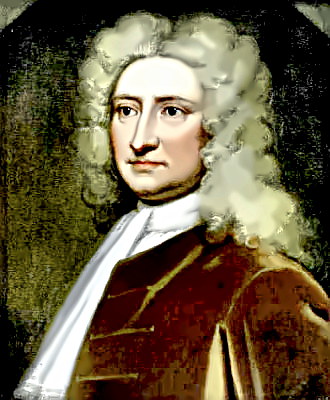
[1656 - Edmund Halley, astronomer, born in Haggerston, Shoreditch, England]

[1793 - The Louvre opens in Paris]
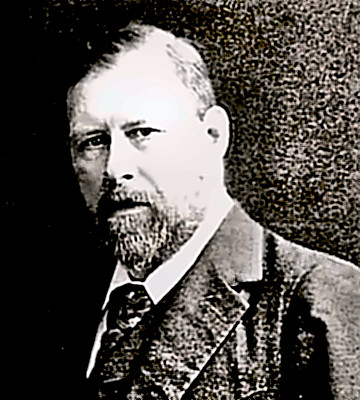
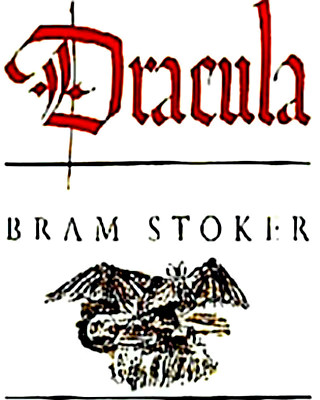
[1847 - Bram (Abraham) Stoker, author, born in Clontarf, Ireland]
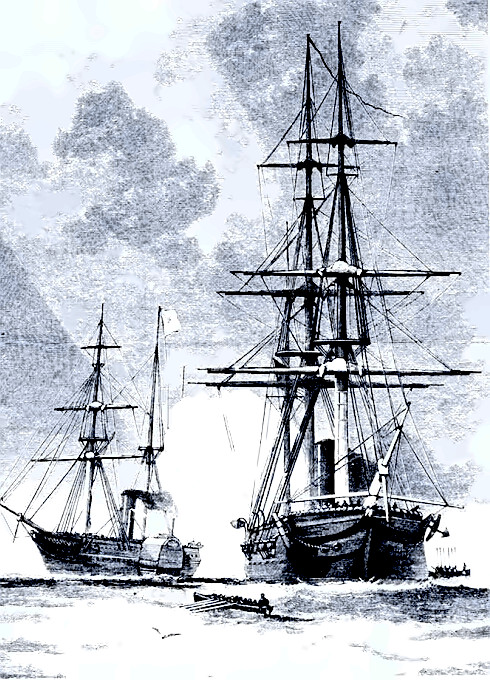
[1861 - USS San Jacinto intercepts British steamer Trent to arrest
several Confederate commissioners (Trent Affair)]
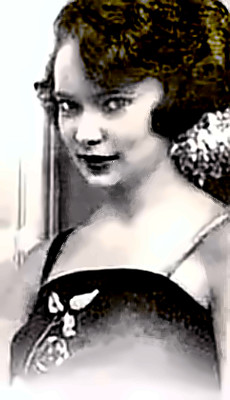
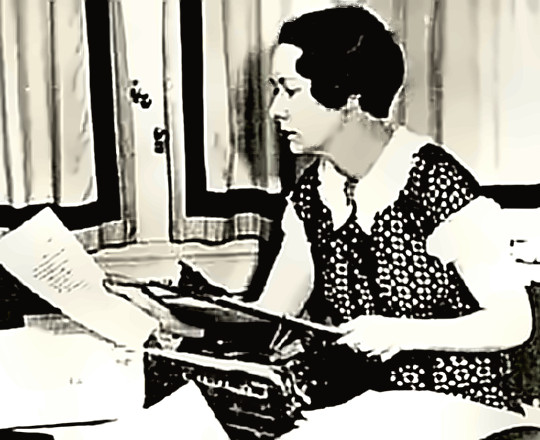
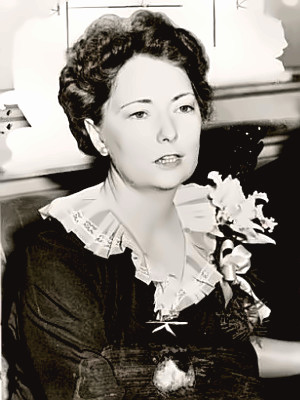
[1900 - Margaret Mitchell, Pulitzer Prize-winning author, born in Atlanta, Georgia]
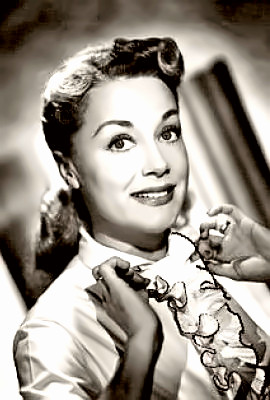
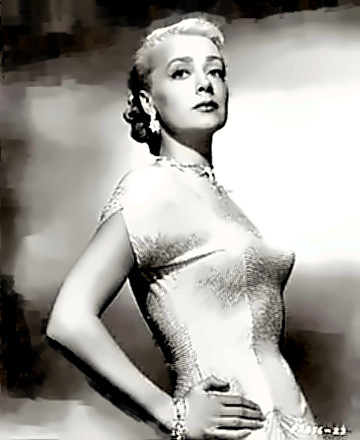

[1912 - June Havoc (Ellen Evangeline Hovick), actress, born in Vancouver, British Columbia]
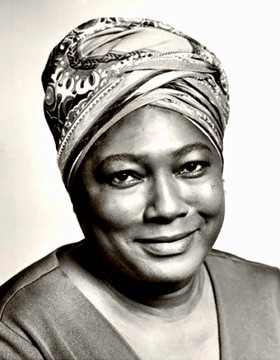
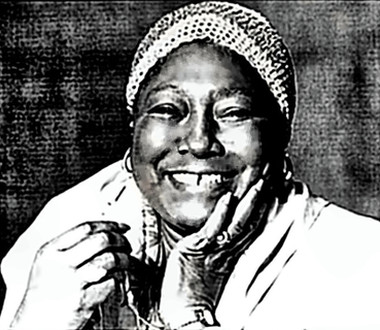
[1920 - Esther Rolle, Academy Award-winning actress, born in Pompano Beach, Florida]
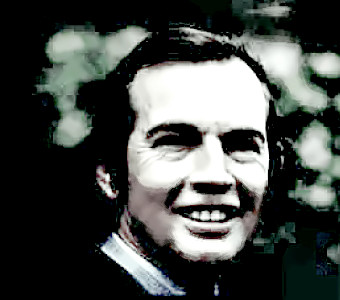
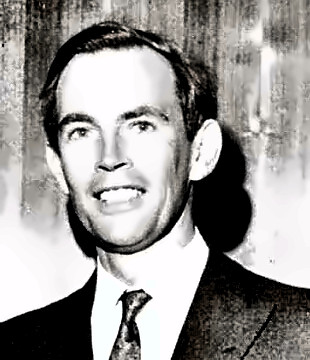
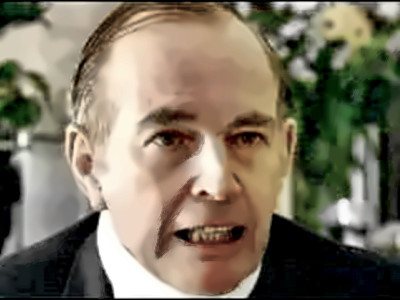
[1922 - Christiaan Neethling Barnard, pioneer heart transplant surgeon, born in Beaufort West, South Africa]
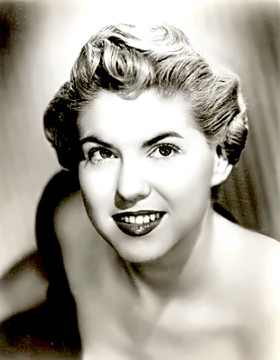
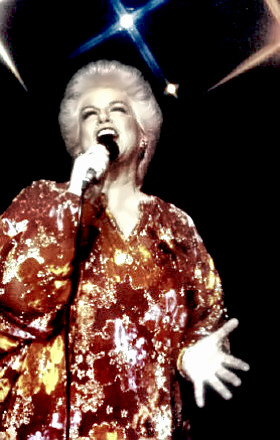
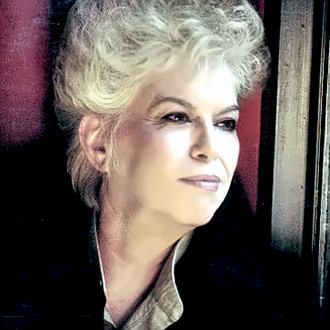
[1927 - Chris Connor (Mary Loutsenhizer), Jazz singer, born in Kansas City, Missouri]
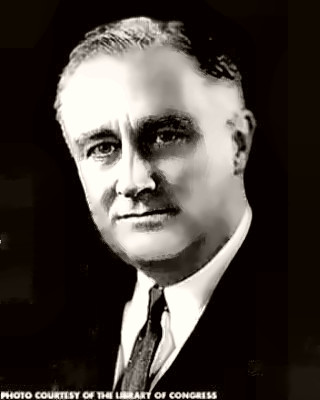
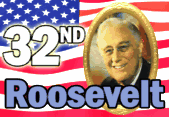
[1932 - Franklin Delano Roosevelt is elected as the 32nd US President]

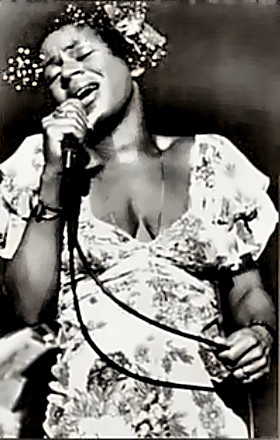
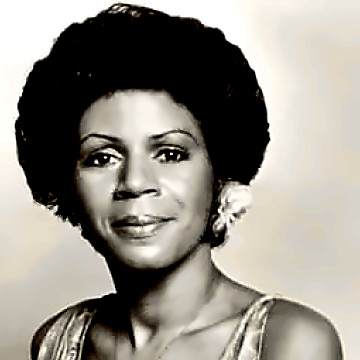
[1947 - Minnie (Julia) Riperton, singer-songwriter, born in Chicago]
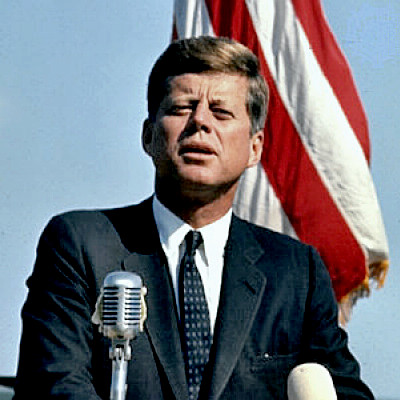
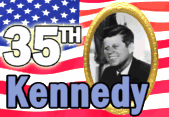
[1960 - John F. Kennedy is elected as the 35th US President]
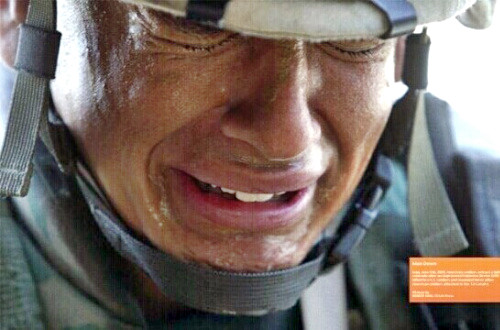
All combat veterans suffer from some form of Post Traumatic Stress. It comes from having been trained and programmed to kill other people, and then being placed in a situation where this is not only possible, but expected of you. The training you get does not dwell on the fact that those 'other people' have also been conditioned to kill you, but they have.
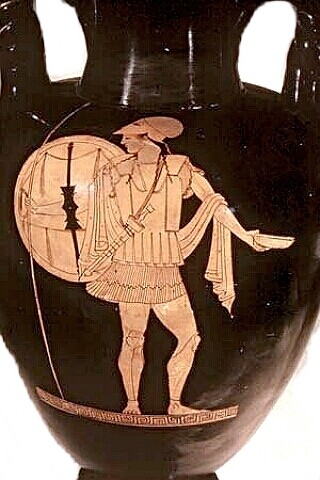
That war changes human beings permanently has been understood since the first tribes decided that the best way to settle a border dispute was to draw the territorial boundaries in blood. In keeping with the current tendency to label each of our emotional traumas or maladies with a politically correct phrase, what used to be called by the Spartans hesma phobou or "fear shedding," and was known as "shell shock" in World War I, and "combat fatigue" in World War II, is now termed Post Traumatic Stress Disorder (PTSD). Whatever you call it, you better deal with it, or it will deal with you.
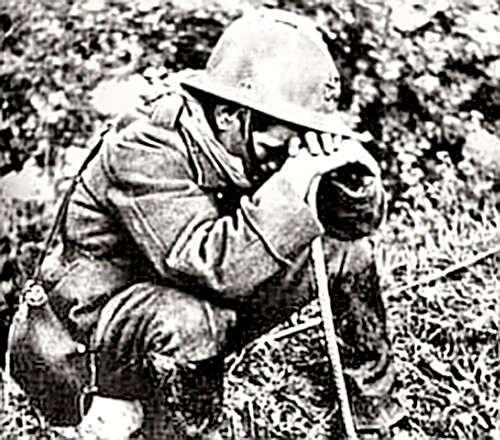
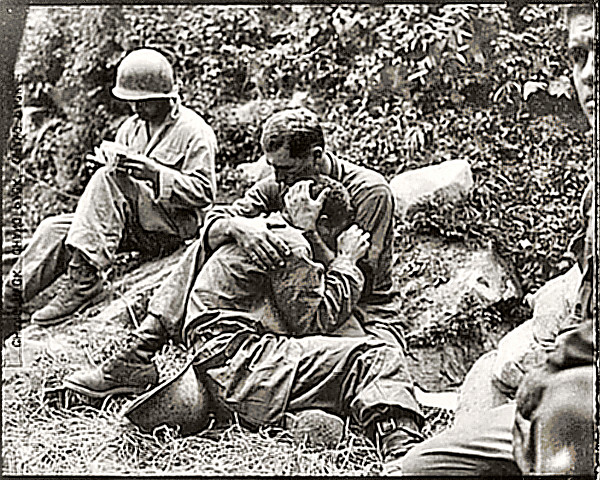
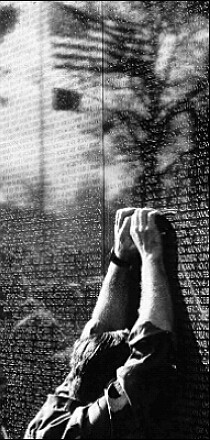
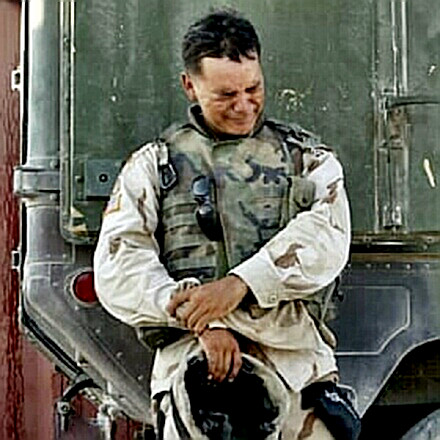
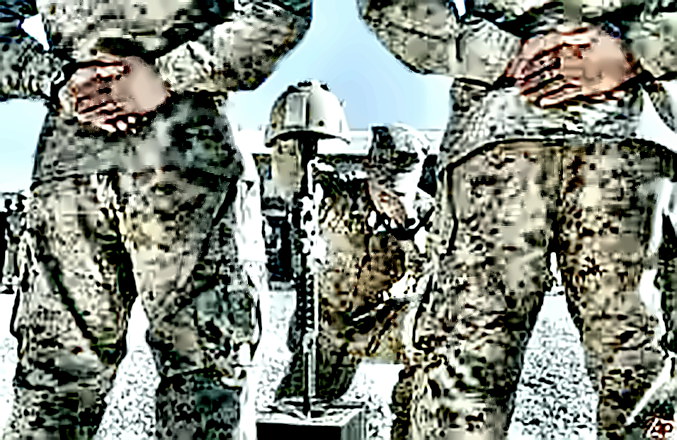
William's Whimsical Words:
Some's got it bad, some's got it hardly at all, but all of us got it.
 to Fall 2011
to Fall 2011 to Almanack Main Page
to Almanack Main Page
